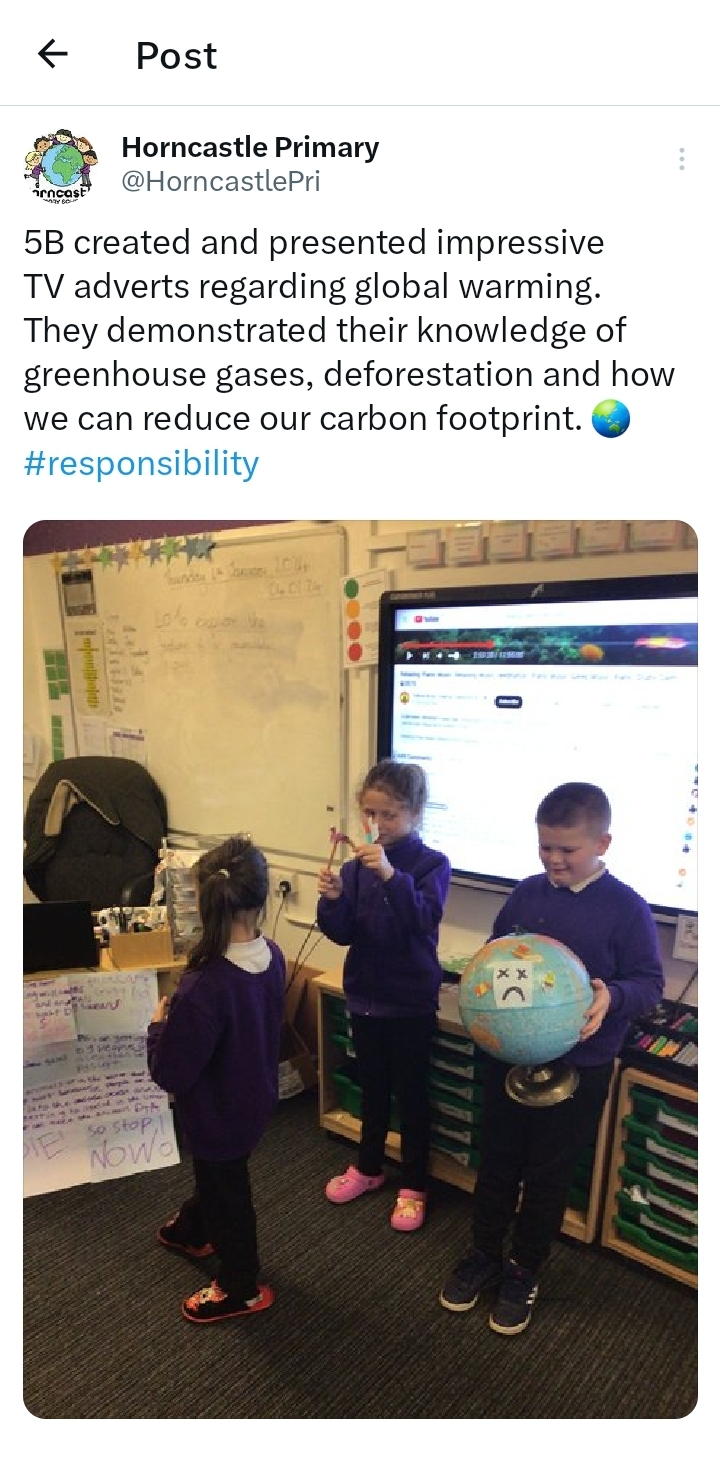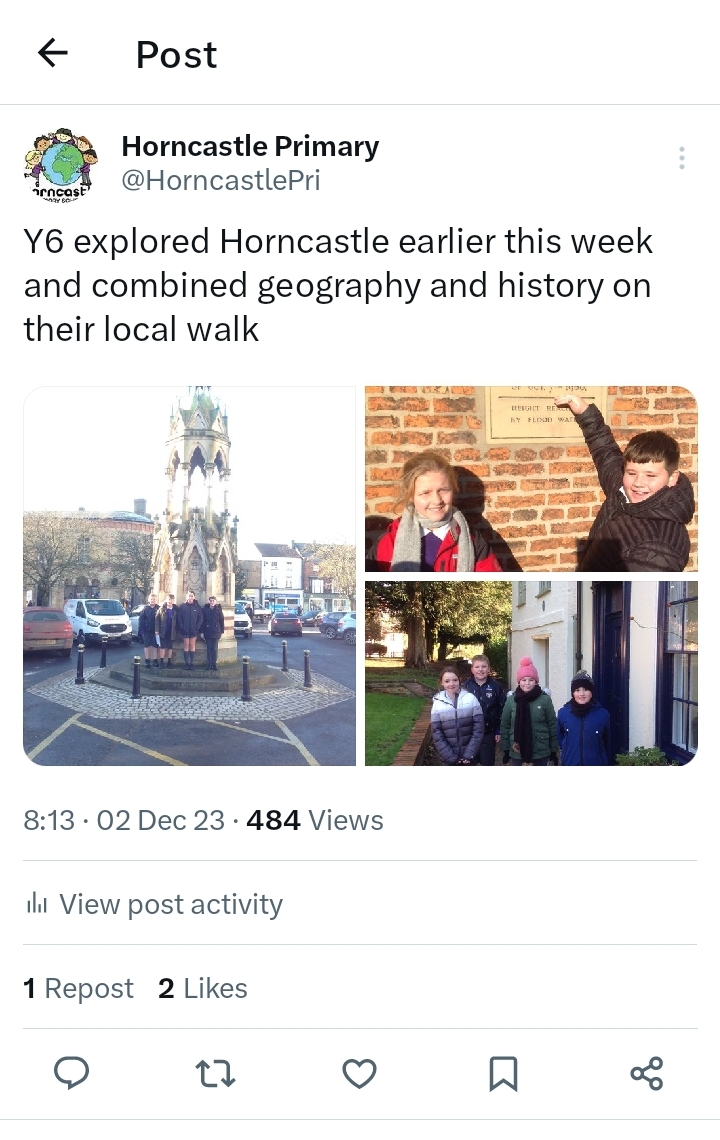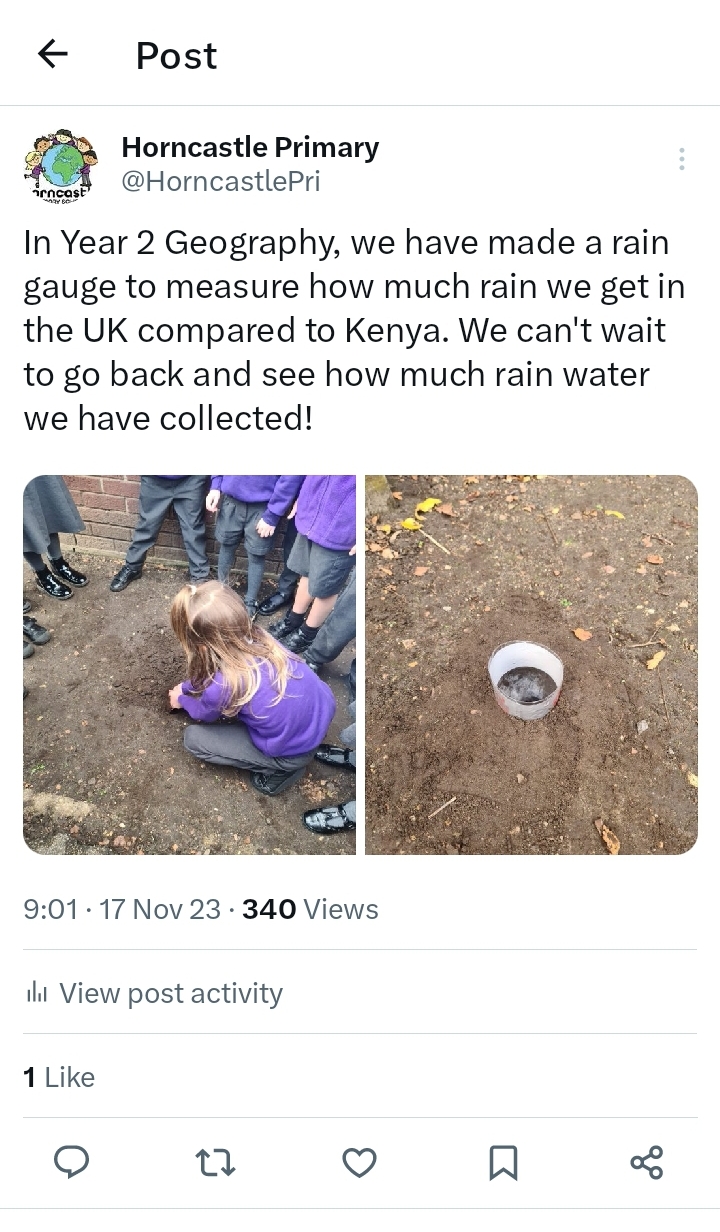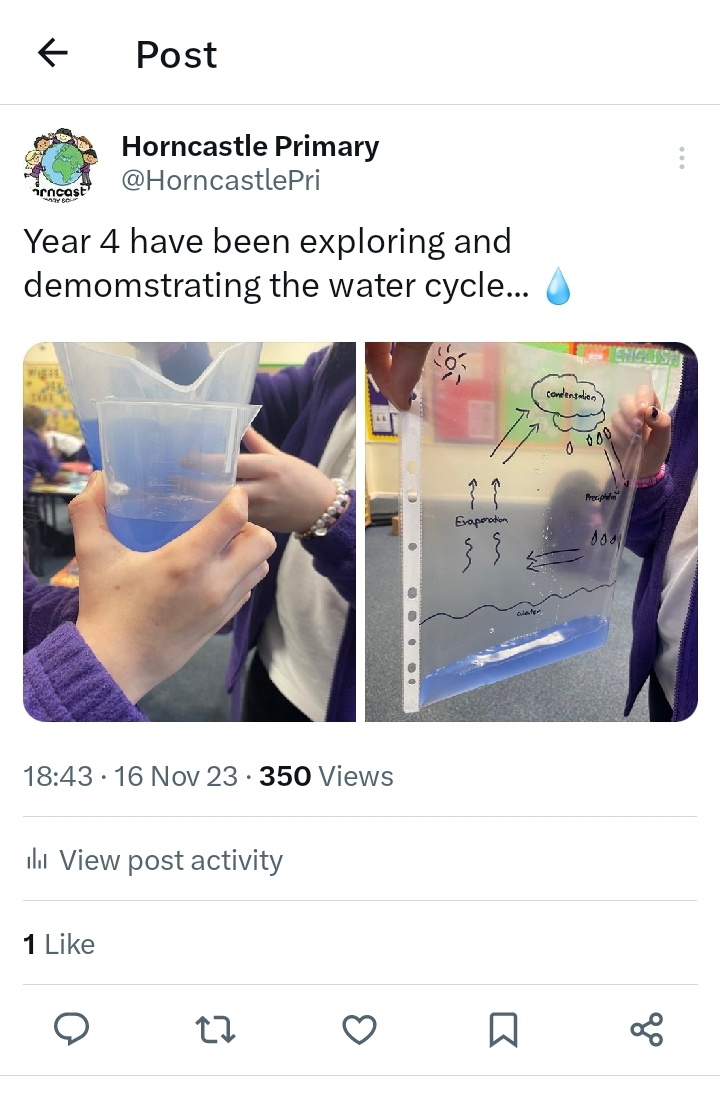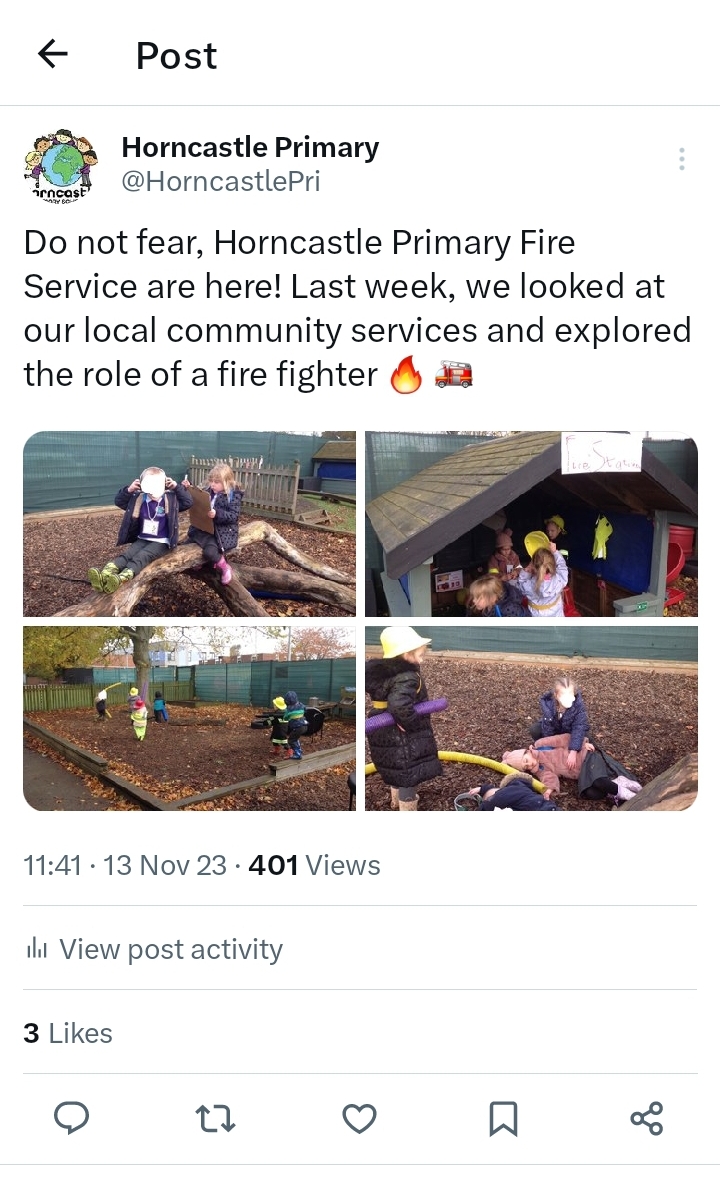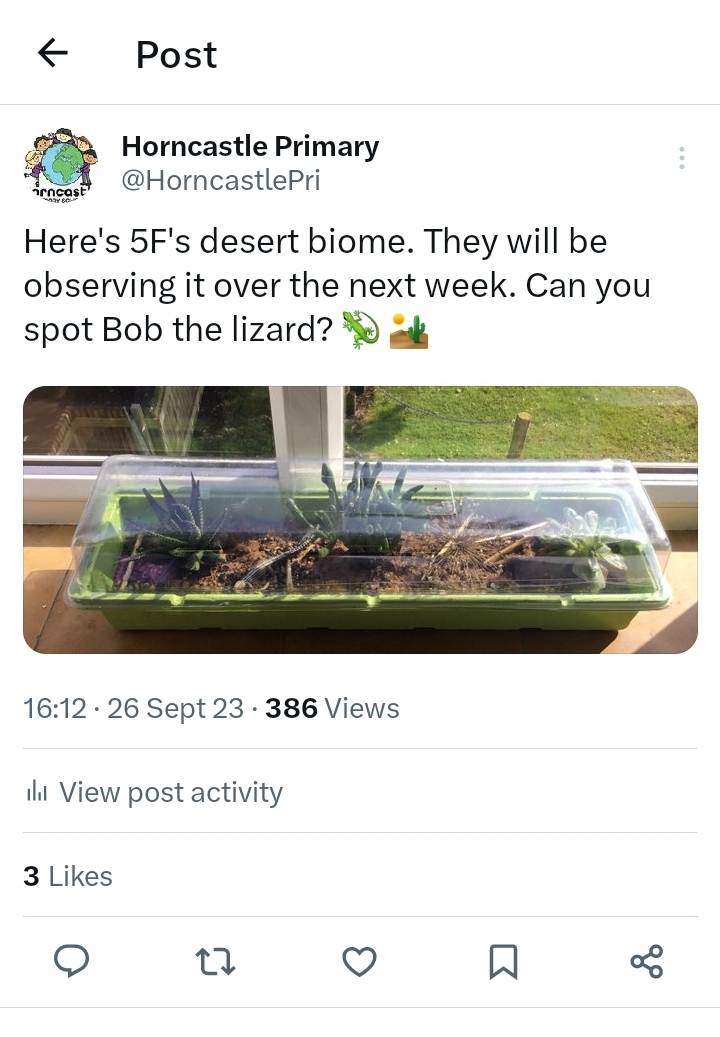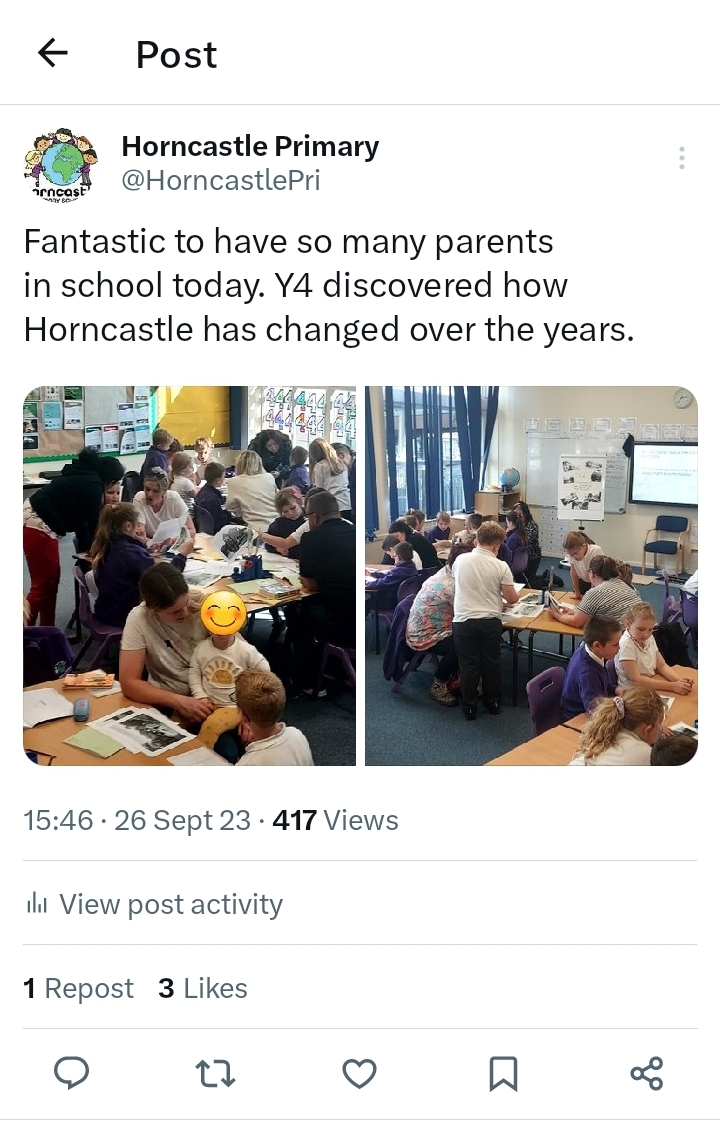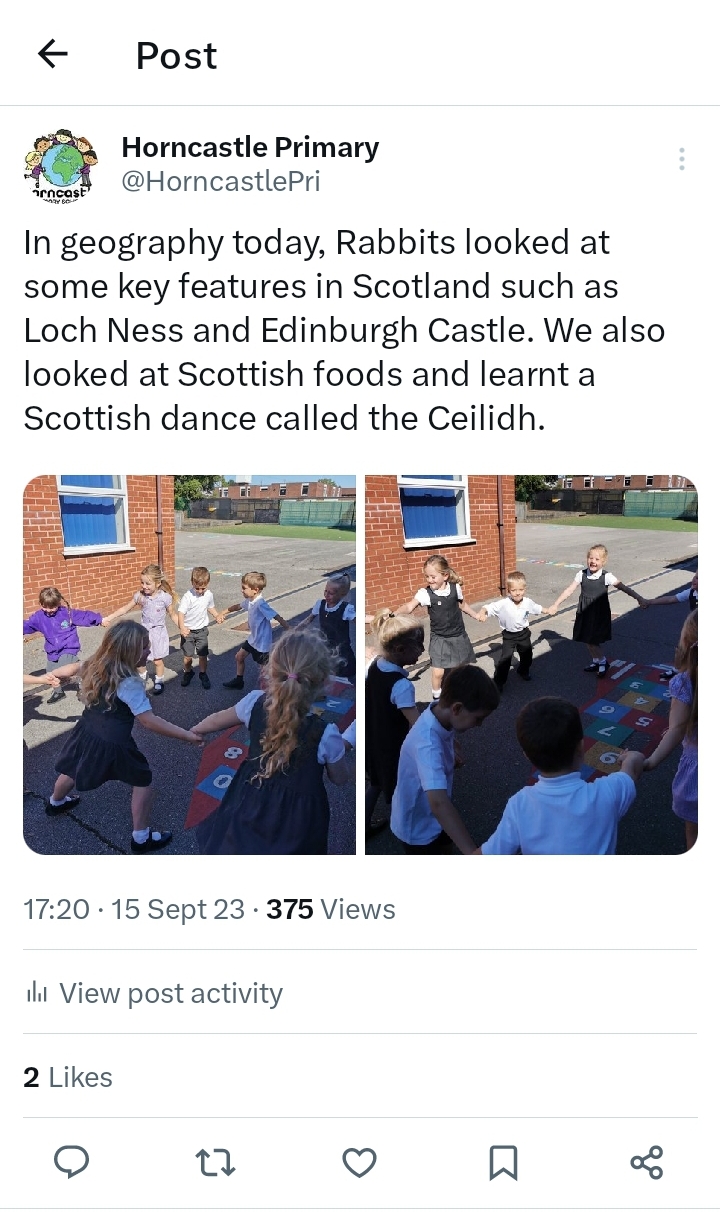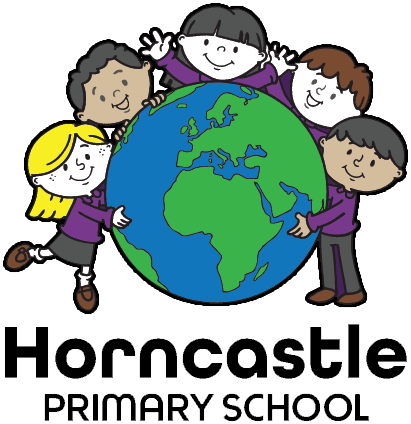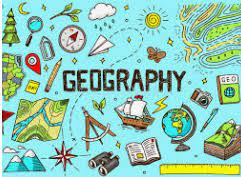 We are geographers…
We are geographers…
At Horncastle, we aim to stimulate pupils’ interest in the world around them and to foster a sense of wonder at the world around them.
This is done through the study and exploration of:
- Place,
- Space,
- Scale,
- Interdependence,
- Physical and human processes,
- Environmental impact,
- Sustainable development,
- Cultural awareness and diversity
We aim to inspire our children to gain curiosity and fascination in the world around us by providing them with a diverse knowledge of places, people and resources. Thinking and enquiry skills are developed from an early age. In the Early Years the children discover physical and human features of their immediate environment through a variety of outdoor learning opportunities. The activities are designed to build pupils’ familiarity with maps, atlases and globes to develop their early geographical skills and fieldwork. Children begin to use simple directional language to prepare for the locational knowledge to come as they move through school.
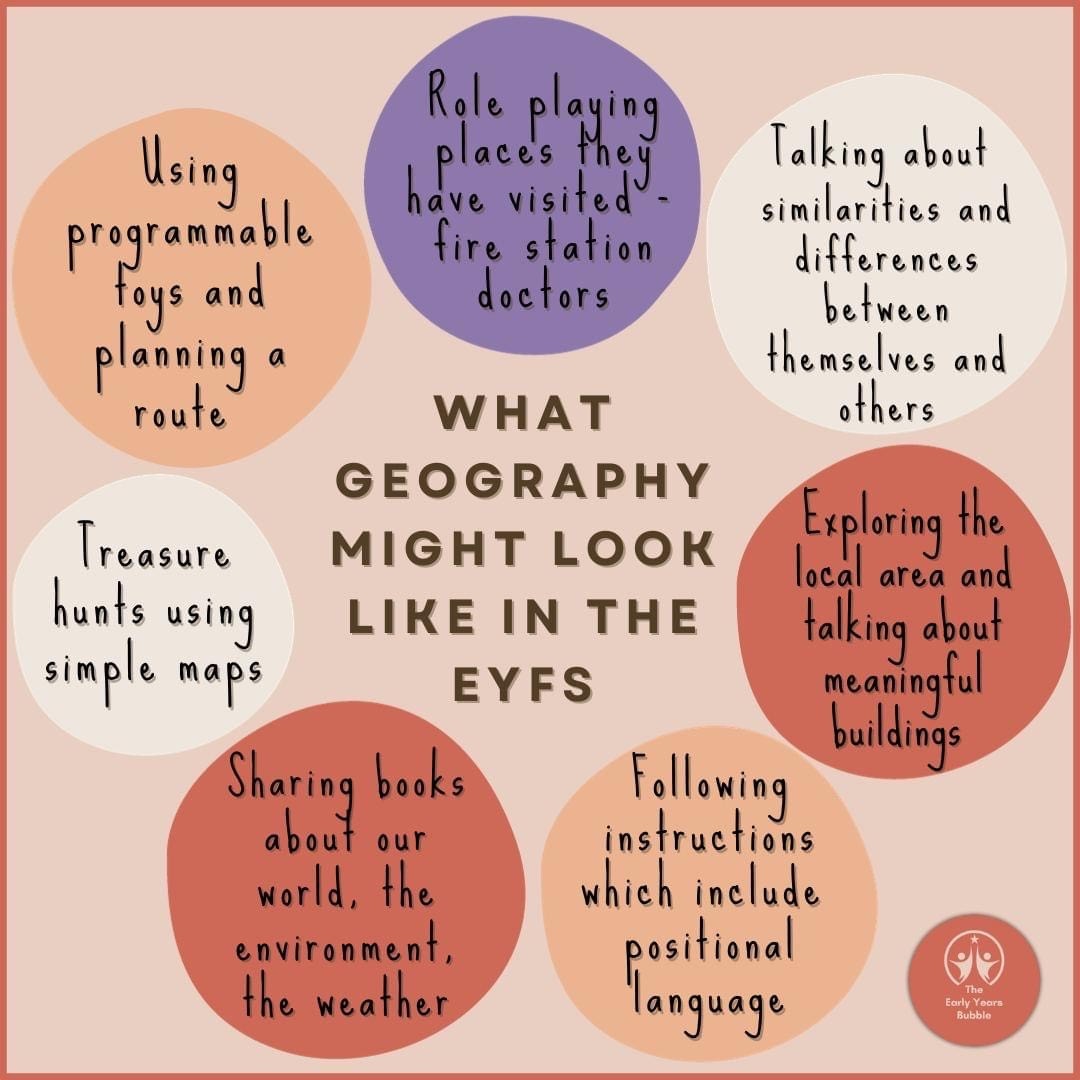
In KS1 and KS2 the children expand their geographical knowledge and understanding by focusing on human and physical features of places further afield and in other countries and continents. This enables them to deepen their understanding of the interaction between physical and human processes, and of the formation and use of landscapes and environments.
Substantive knowledge is the content that pupils will learn through studying the Geography curriculum: the
recognised knowledge of the world and the human and physical processes that affect the people and
environments within it. This content is separated into the following areas in the National curriculum and within our own curriculum:
● Locational knowledge
● Place knowledge
● Human and physical geography
● Geographical skills and fieldwork
We explicitly teach vocabulary in every lesson using Frayer models: a graphic organiser that presents information visually. This cognitive strategy can support pupils’ understanding of content, making abstract learning more concrete and reducing reliance solely on the verbal. This approach is research based and suggested by the EEF.
Why is it right for the children at Horncastle?
An important element of geography is the study of the environment, our impact on it and what we can do about sustainable development. We are keen that our children learn about this as they are the future citizens who will be in charge of our earth.
Fieldwork enquiries in each unit give pupils the opportunity to understand and follow the same processes that geographers follow to find answers to enquiry questions and to consider the validity of these answers. We want our children to know what it means to be a geographer.
We try to get our and about into the local area as much as possible within our geography lessons so that what we are studying becomes meaningful.

